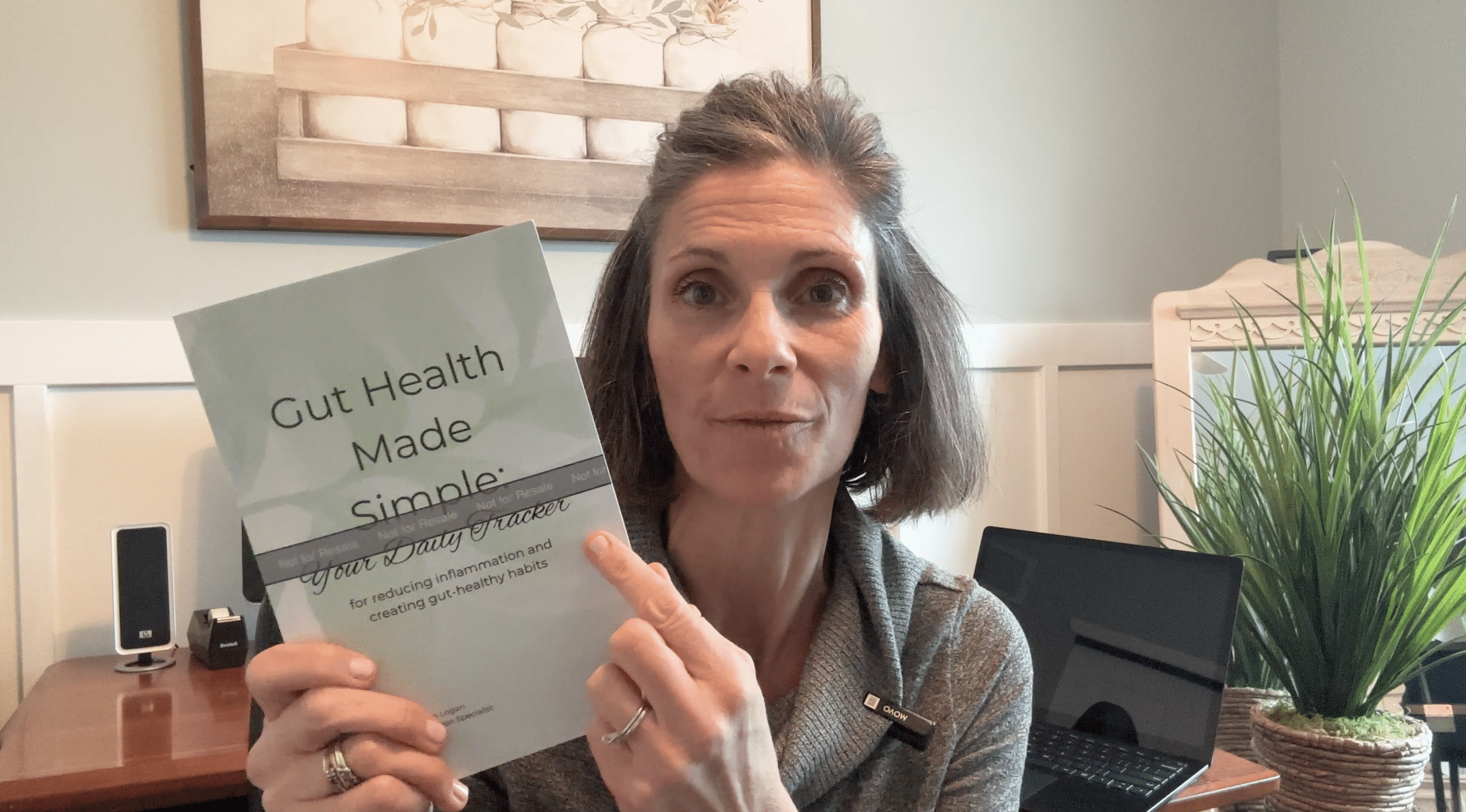This Editor’s Note: This post was originally published January 2018 and has recently been updated and revised for accuracy and comprehensiveness.
If you’re a holistic health coach, your clients will rely on you to keep them focused, motivated, and empowered. If you’re a holistic nutrition or nutrition coach, you’ll spend a lot of time educating and guiding your clients on how to translate their goals into actionable practices. Regardless of your role, your ability to help your clients find solutions to their challenges is a big part of the value you give to your clients.
During your next new client meeting, try asking your client these eight nutrition questions to dial in your recommendations and maximize their success:
What motivated you to connect with me?
Every client will have different motivations for why they’ve decided to work with you. In most instances, you’ll find that your clients will use vague reasons for seeking your help such as wanting to lose weight, getting off their medications, or following up with their physician’s suggestion to seek nutritional counseling. While knowing the general purpose of your client’s goals is important, you may want to dig deeper to find their true motivations. Is it because they want to live longer for their children? Are they planning for an important event such as a wedding or class reunion? Are they concerned about not having enough energy to play with their grandchildren? These are all questions which will assist you in determining the best way to help your client as you move forward together.
What is one small thing you can do to bring you closer to your goal?
Long-term goals are important, but for some clients, they can feel overwhelming or too distant, especially if major weight loss is involved or an overhaul of lifelong eating habits is necessary. Start by asking your clients about a single action that they feel is manageable and achievable. By choosing a short-term goal—one that can be put into practice right away—the longer-term goals can feel more achievable. For instance, a client might want to cut down on sugar. Instead of asking the client to cut out all sugar immediately, suggest that they choose to eat just one single meal or snack with no or limited sugar.
How frequently are you physically active?
Even if your client does not necessarily have fitness related goals, understanding their level of activity is important to planning their nutritional needs. From a holistic nutrition perspective, understanding the client’s perception of their activity levels (whether it’s a lot or a little), the frequency, and type of activity may help clue you into nutrient imbalance or lifestyle dysfunction.
What is your work environment like?
Does the client sit at a desk for 10 hours a day or work construction outside in the hottest days of the summer? How much stress is involved? Is it difficult to find time to cook at home, resulting in them consuming more processed meals and snacks? All of these are factors when it comes to creating a nutrition plan and setting goals. For example, the construction worker will likely require a much higher amount of hydration and overall energy intake than the office-bound employee. Knowing a client’s schedule flexibility is also crucial, so that the nutrition consultant can determine what is realistic in terms of meal preparation.

The Essential Business Course for Health and Wellness Entrepreneurs
Gain the skills needed to build and run a thriving, lucrative health and wellness business.
Which foods do you love and hate?
There’s tremendous value in having clients diversify the nutrition of their meals —but if that broccoli is just going to sit in the fridge getting older every day, it’s not going to do much good for the client. Start with foods that clients love or appreciate, with an aim of adding on from there. This question can also help you delve into food sensitivities or allergies, even ones a client may not fully recognize. For example, he or she may say, “I always feel a little sick when I have milk,” which is a tip-off that lactose may be an issue. You can also use the client’s favorite foods to find inspiration for recipes and recommend new ways of cooking. In fact, clients may realize that previously dismissed healthy foods can be surprisingly enjoyable, given new preparation or cooking methods.
What have you tried in the past?
Many times, knowing what doesn’t work is just as valuable as knowing what does. For instance, a client may have tried low-carb eating or a gluten-free diet and had a very negative reaction. Or, maybe they tried a very structured program but felt confined by the very specific limitations and meal plans. Asking why the client chose a specific diet and what happened can be very useful in creating a program that avoids former roadblocks.
When was the last time you felt well?
For many clients, you will find that the concerns they express today weren’t true for their entire lives. By asking the client to share when they last felt well, you may be able to make connections between their environment, lifestyle, nutrition, and fitness practices that could be causing their concerns today. You could also uncover practices that contributed to their well-being in the past. You may find that by eliminating something the client has recently begun doing, or, conversely, reintroducing something the client used to do, you can provide a great deal of benefit.
What health concerns do you have?
This can be a tricky question, since there are legality issues to consider. Certain state regulations prohibit nutrition consultants from making a diagnosis or treating patients for a specific condition unless you have certain credentials, like a medical license (review the latest regulations in your state, and learn more in our post, How to Give Nutritional Advice Legally). However, that doesn’t mean you should avoid this issue entirely. Your client’s health status is an important component to determining their optimal nutritional needs and practices, so gather the information and base recommendations on that. Just be mindful of your language to ensure you’re practicing within your scope.
Have a long and detail-filled conversation with a client as a starting point. Doing so will make it much easier for both of you to develop a solid path toward meeting the client’s goals.

The Essential Business Course for Health and Wellness Entrepreneurs
Gain the skills needed to build and run a thriving, lucrative health and wellness business.



